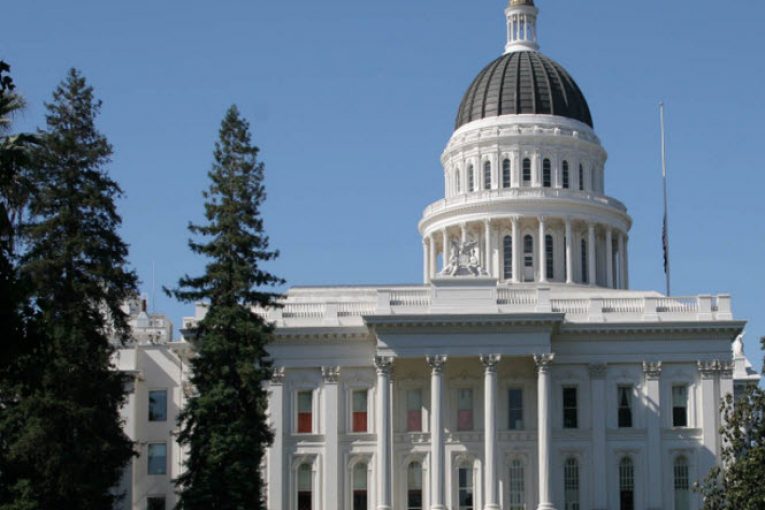
 Bill would provide health care providers immediate access to patients’ end-of-life orders
Bill would provide health care providers immediate access to patients’ end-of-life orders
(from Wolk Press release) Legislation was introduced by Senator Lois Wolk (D-Davis) to provide health care professionals with access to an electronic record of their patients’ precise instructions for their end-of-life health care, ensuring immediate access to this critical information.
“A person’s decisions relating to end-of-life care are among the most important they’ll ever make,” said Wolk, who authored a 2008 law requiring that a completed POLST form must be honored by all health care providers. “A statewide electronic registry will help provide emergency medical personnel immediate access to these vital medical orders to ensure patients’ wishes are honored.”
Senate Bill 19 would create a statewide registry to provide medical personnel with access to an electronic copy of their patients’ Physicians Orders for Life Sustaining Treatment (POLST) form during emergency medical situations when a paper copy of the form is unavailable. The California POLST Registry would be administered by the Health and Human Services Agency.
A POLST form is a tool that seriously ill patients with a life expectancy of a year or less can use to communicate precise instructions on a range of treatment options and clearly express their treatment preferences regarding life-sustaining treatments such as resuscitation, nutrition, and pain management.
Studies show that the POLST form, which compliments an advance directive, accurately conveys patients’ treatment preferences and is therefore largely followed by medical professionals—who have reported the form to be useful in treating their patients. However, medical professionals only have access to this information via a patient’s hard copy of their POLST form—and that copy isn’t always with the patient.
“As emergency physicians we are trained to resuscitate all patients who come through our door. We never want to do that if it goes against a patient’s wishes. SB 19 makes sure the POLST is available to us so we can honor the choices our patients have made about their end of life care,” said Michael Osmundson, MD and President of California ACEP.
SB 19 will be eligible to be heard in January when the Legislature reconvenes.
